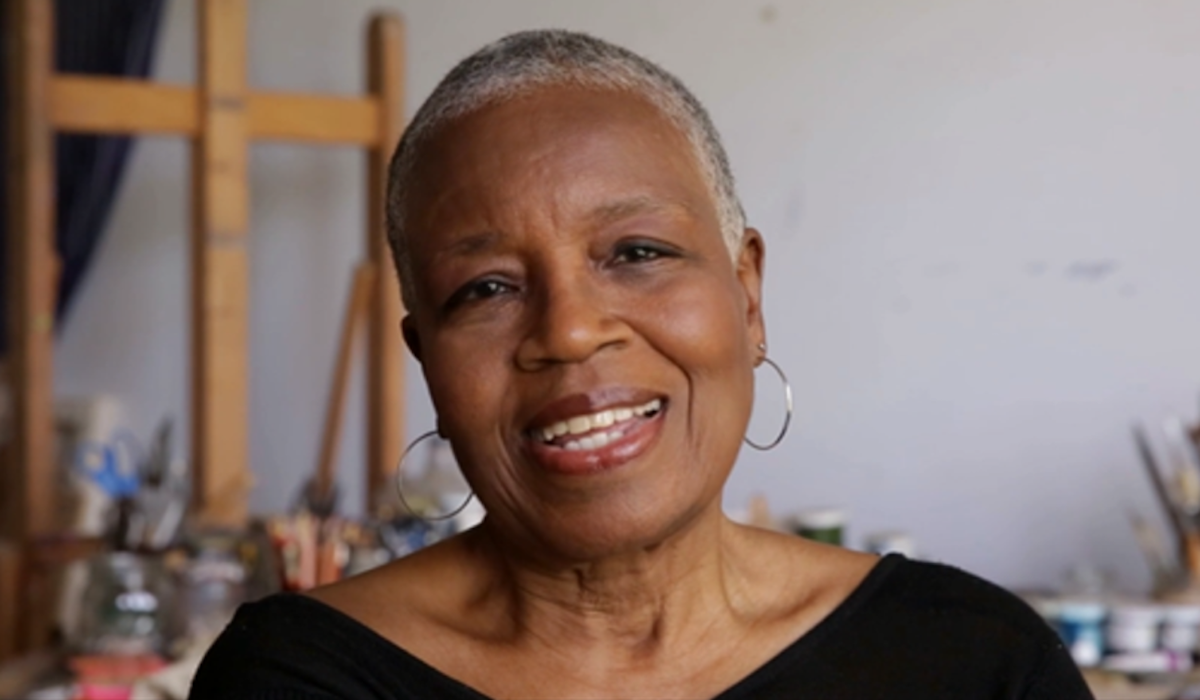Dear America…

Dear America, my wish for you on your birthday is that you will find peace within yourself; that you will face your past with honesty and humility; that you will find joy and grace. I wish, too, that you could have known my grandfather who shared these values with all those he loved—especially his children and grandchildren.
In 1918—more than a century ago this month—my grandfather, Wilhelm Alfredt Landsman, came to the United States from the Dutch-colonized Caribbean isle of St. Eustatius, “Statia”— a young man alone and bound for New York.
The seaman’s journal listing all landing crews had gone out of business with the war, World War I, and no other newspaper thought to call it news. But his arrival could hardly have been more noteworthy. For the first time in more than twenty years since the politics and economics of world domination forced a mother and her child apart, Grandpa and his mom would be together at last.
For years I’ve re-staged his landing for my mind’s theatre—his, and the several other embarkations and arrivals of my father and my other grandparents; their first on-shore steps in the harbor lights of New Bedford and New York. Were they not there, I would not be here. Had each not dared to dream, who or what could I possibly be?
As a child, I learned a great deal from Grandpa. But, not until after his death did I learn about him. With memories of our days together propelling me forward, I went in search of Grandpa. Navigating my way through questions still adrift like fragments of a raft after a great squall, I went to sea . . . to see.
Because he came ashore in New Bedford, Massachusetts, I began at that city’s weathered old library. Twenty-four years after his death, I churned pile after pile, reel after reel of microfilm until my Grandpa came miraculously into view—a crewman aboard the whaling schooner Margarett. Immigration docket date: July 22, 1918.
Grandpa was a whaler? Grandpa and thousands of other Black men from Cape Verde and the Caribbean. They were the whalers.
A whole chapter of history opened its dusty pages to me. I spied land—the view from land: those days of little-choice for Black men; those years of empire, of White Man’s Burdens and the power-hungry gone power-mad. Who, but the most desperate for work and a long-lost mother, would go whaling at all—much less go whaling with a world at sea and at war?
For four harrowing months, dodging the torpedoes of WWI and wreckages of the less-fortunate, Grandpa sailed the seas. Yet, incomparable storyteller that he was, all he ever said of those days was that it was a “difficult crossing.”
Nantucket weather bureau records and the Morning Mercury confirm his version and reticence. The “moon shone brightly,” a weatherman wrote as the Margarett approached New Bedford harbor that Sunday night when a German U-boat shelled nearby Cape Cod. Four barges and a tug were destroyed as a disbelieving crowd watched, helplessly, from the beach. The “moon shone through fog during early evening,” the weatherman wrote as Grandpa landed the next night. By the time I knew him, he could barely voice the words “New Bedford.”
Instead, we’d walk the docks of New York and talk of our Statue. It was Grandpa who first told my cousin, Teddy, and me—his only grandchildren—how difficult it was to raise money for Liberty’s stand.
He told us how the people of France made a gift of Liberty to commemorate an end to the 246-year reign of American slavery. The French asked only that Americans give Liberty a home and a pedestal. Grandpa told us about the immigrant newspaper publisher, Joseph Pulitzer, who—when commitments were slow to come—issued a call-to-action to his subscribers. It was children, Grandpa told us, who rallied to the cause, donating their pennies and saving the day for Liberty. Children, Grandpa said (rallying us for the road ahead) had done what powerful adults would not.
From our view as in Liberty’s shadow, Grandpa would point out the flags of the ships in port. He’d teach us geography and the history of the countries from which they’d sailed, setting our imaginations churning with tales of distant seas. We’d wave at the seamen in their telling array of sparkling white uniforms. Then, Grandpa would point to the horizon and shield our eyes from the glare as these seamen-of-the-world hailed ashore with one common destiny in mind.
“All dressed up for liberty,” Grandpa would say.
“Are they going to see Lady Liberty?” we asked.
“She’s a different kind of liberty,” he sounded our shallow depth.
“Why do you have to dress up for Liberty?”
“Let’s find ice cream,” he steered.
We were four, then, and all things were sweet. Grandpa had a knack for steering us through life’s mysteries.
Now I know that what those harbor ladies embodied was as far from Liberty as my expectations were from their gentlemen callers’. This Grandpa taught us, too: for harbor ladies, flesh and stone alike, there’s a price one pays for Liberty.
Happy Birthday, America. Thanks Grandpa!


